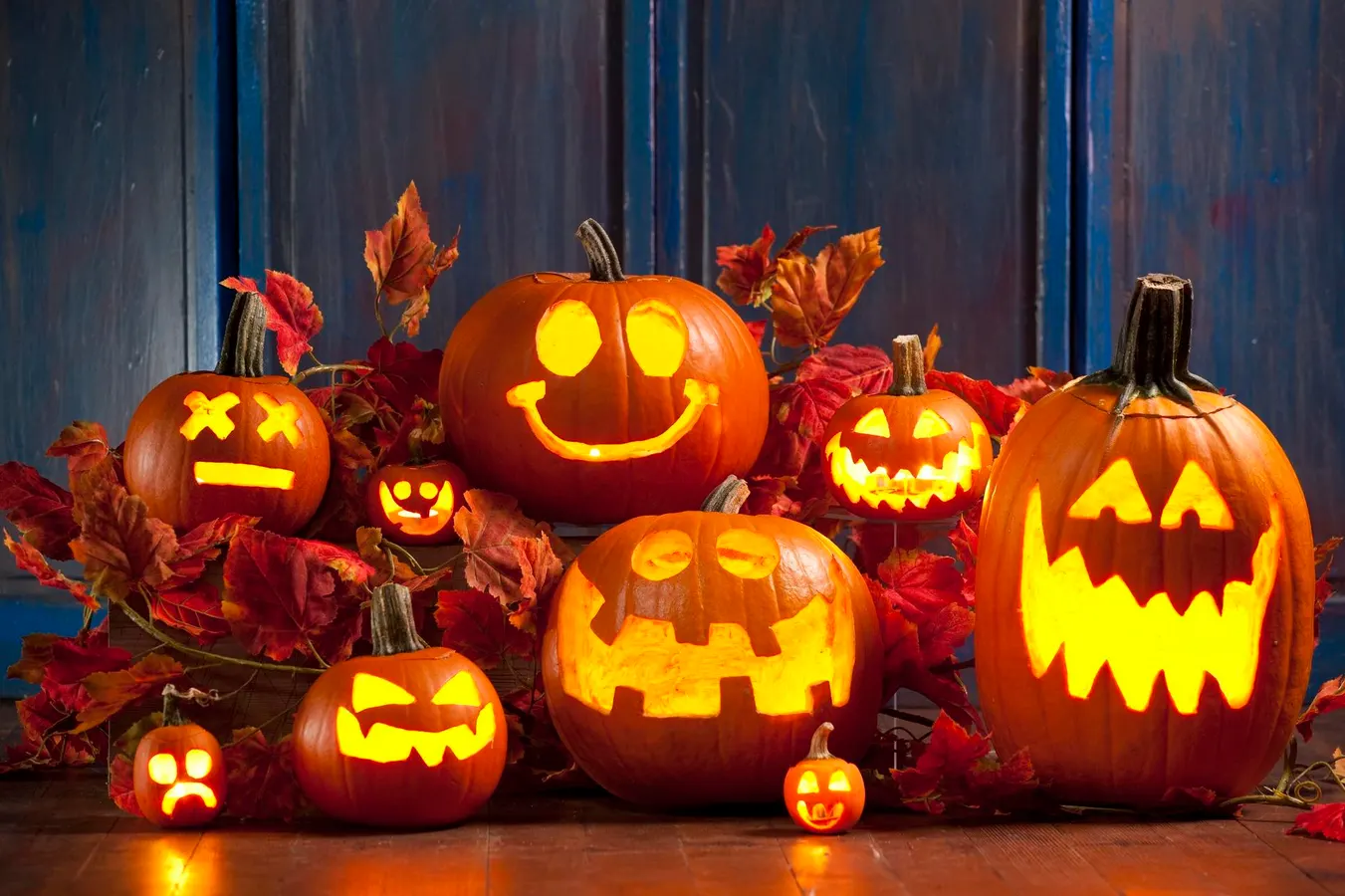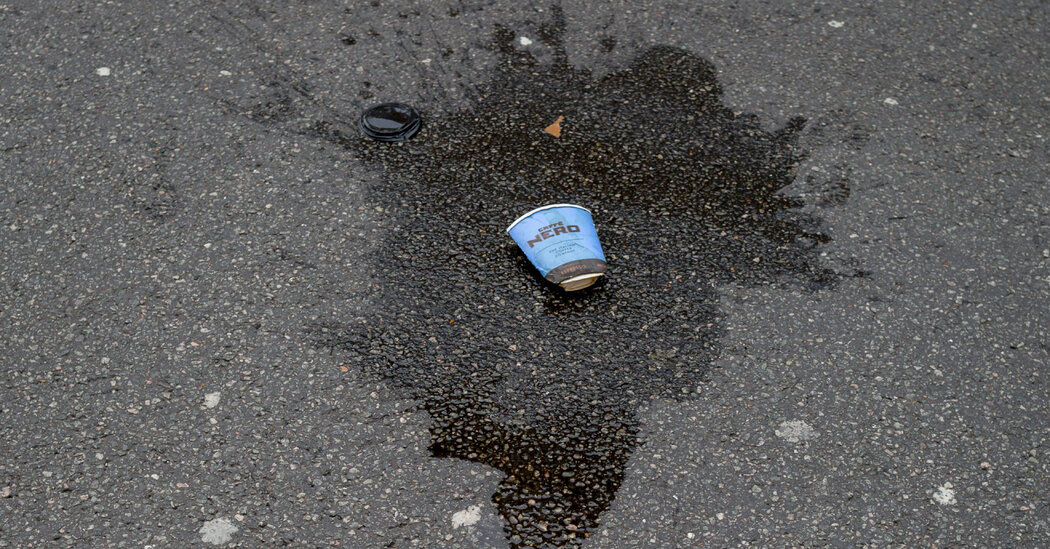Copyright forbes

Halloween is supposed to be fun. But companies have learned the hard way that what feels humorous or on brand can be perceived as offensive, insensitive, or tone-deaf to employees and the public. Halloween is supposed to be fun. But companies have learned the hard way that what feels humorous or on brand can be perceived as offensive, insensitive, or tone-deaf to employees and the public. When business leaders fail to consider how others might respond to costumes, decorations, or office pranks, it could quickly escalate into an internal or external crisis. This is especially true for the costumes sold by major retailers and corporate-sponsored Halloween events. In some cases, what likely seemed to be good ideas at the time backfired and generated negative publicity or created a crisis for organizations. Retailer missteps In 2014, Walmart posted a “Fat Girl Costumes” category on its website. Backlash on social media was quick, and so was the retailer’s response to the criticism. “This never should have been on our site,” a spokesperson for Walmart, Ravi Jariwala, told ABC News. "It is unacceptable, and we apologize. We are working to remove it as soon as possible and ensure this never happens again." The category, which was later changed “to the more politically correct ‘plus size,’ featured costumes of vampires, chambermaids, witches and more in larger sizes,” the Los Angeles Times reported. That was not the first time that the retailer’s Halloween apparel created a controversy. In the previous year, the company pulled a "naughty leopard" costume for toddlers after parents complained about the costume’s suggestive name. Walmart pulled the item after customers complained about product’s suggestive name, according to ABC News. MORE FOR YOU Tesco and Asda In 2013, British supermarket chains Tesco and Asda faced a similar controversy when they sold “psycho ward” and “mental patient” Halloween costumes on their online stores, CNN reported. The costumes were “staggeringly offensive to the one in four of us affected by mental health problems and our families and friends, and troubling that some businesses are still so out of touch with the public mood,” Sue Baker, spokesperson for Mind, a mental health charity, said in a statement. Asda expressed its “sincere apologies for the offense” the costumes had caused. “This was an unacceptable error and the product was withdrawn immediately,” a spokesperson said in a statement. “We take our responsibilities very seriously which is why we will make a sizable donation to Mind, according to CNN. Tesco also issued this apology: “We’re really sorry for any offense this has caused and we are removing this product from sale.” In 2018, online lingerie company Yandy introduced a costume called the "Sexy Handmaid’s Tale," which played off the success of The Handmaid Tale series, Cheryl Conner, a public relations strategy and crisis communications expert at SnappConner PR, told me in an email message. The outfit “backfired badly, as it seemed to fly in the face of female empowerment. When an audience reads a message as dangerous instead of fun, it’s a bad idea,” she observed. The company stopped selling the item after facing backlash online. It announced that “Given the sincere, heartfelt response, supported by numerous personal stories we’ve received,” the costume was removed from the retailer’s website, Business Insider reported. Office Halloween party. The biggest scare at Halloween Wearing controversial apparel at business-sponsored events can create problems for employers. “The biggest scare at Halloween parties is often the costumes people wear…Costumes that play on stereotypes, portray religious or cultural symbols, or are otherwise inappropriate can lead to claims of discrimination or harassment. For example, an employee or supervisor dressing as a culturally insensitive character, wearing a sexually explicit costume, or donning attire that mocks a protected class could make coworkers feel uncomfortable,” Phillip Jones, a member of the Ice Miller Workplace Solutions Group, observed in an article on the firm’s website. Business executives should understand how badly conceived Halloween-related jokes or pranks can backfire and cause an internal or external crisis. One example was “when a company decorated the ceilings of its office with ‘ghosts’ for Halloween [which represented] some of the employees they had previously laid off. What was intended for fun as a decoration was offensive to some people,” Kira Byrd, co-founder and strategist at Curl Centric, said in an email interview. Avoiding Halloween horror stories To avoid creating their own Halloween horror stories, employers should set clear guidelines about what constitutes appropriate costumes, decorations, pranks, and tricks. “Check the workplace for potentially hazardous decorations and ensure employees do not wear costumes that violate workplace safety standards. Consider sharing a list of what’s off-limits—such as costumes or decorations that stereotype race, religion, gender, or disabilities. Remind employees that it being Halloween doesn’t mean the company’s anti-discrimination and harassment policies are taking a vacation. It’s also prudent to allow employees to opt-out of the Halloween celebrations if they prefer not to participate,” Jones of the Ice Miller Workplace Solutions Group recommended. Pranks and jokes Workplace pranks and seasonal-related jokes can go from harmless fun to consumer backlash in the blink of an eye. “A single thoughtless prank or unverified event post can lead to legal claims, viral outrage and distrust in the workplace. What starts out as harmless fun usually but not always exposes a lack of control or coordination within the company and poor communication systems. The lesson is always the same. Humor without awareness turns to risk,” Cal Singh, the head of marketing and partnerships at Equipment Finance Canada, told me via email. Executives should also consider how Halloween-themed events are decorated. “A few years ago, I advised a company that transformed its office into a ‘haunted layoff room’— an internal joke that caused anxiety inside the firm and provoked angry pushback online when photos surfaced in social media. The lesson? Your sense of humor and brand identity need to be aligned, especially if employees are your best brand champions,” Ben Mizes, the president of Clever Real Estate, told me via email. Companies that celebrate Halloween should remember that parties and costumes can quickly change from treats into crises—and to be prepared if a worst-case scenario becomes a reality. Editorial StandardsReprints & Permissions



